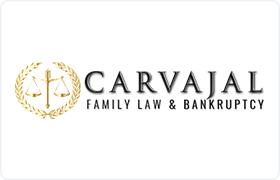Alpine Adoption Lawyer, New Jersey
Sponsored Law Firm
-
 x
x

Click For More Info:
-
Carvajal Family Law & Bankruptcy
2035 John F. Kennedy Blvd North Bergen, NJ 07047» view mapDivorce & Family Law Fighting For Your Families Best Interest
It is our mission to deliver the highest possible quality legal services to our clients. We do this professionally, ethically, effectively, and affordably.
800-811-9560
Joseph Lewis Nackson
Child Support, Adoption, Corporate, Business Organization, Divorce & Family Law
Status: In Good Standing
FREE CONSULTATION
CONTACTFREE CONSULTATION
CONTACTKelly Berton Rocco
Divorce, Family Law, Adoption, Custody & Visitation
Status: In Good Standing Licensed: 36 Years
FREE CONSULTATION
CONTACTDebra F Schneider
Alimony & Spousal Support, Child Support, Adoption, Children's Rights
Status: In Good Standing
John H Anlian
Construction, Adoption, Corporate, Bankruptcy
Status: In Good Standing Licensed: 48 Years
 Lazaro Carvajal North Bergen, NJ
Lazaro Carvajal North Bergen, NJ Practice AreasExpertise
Practice AreasExpertise
